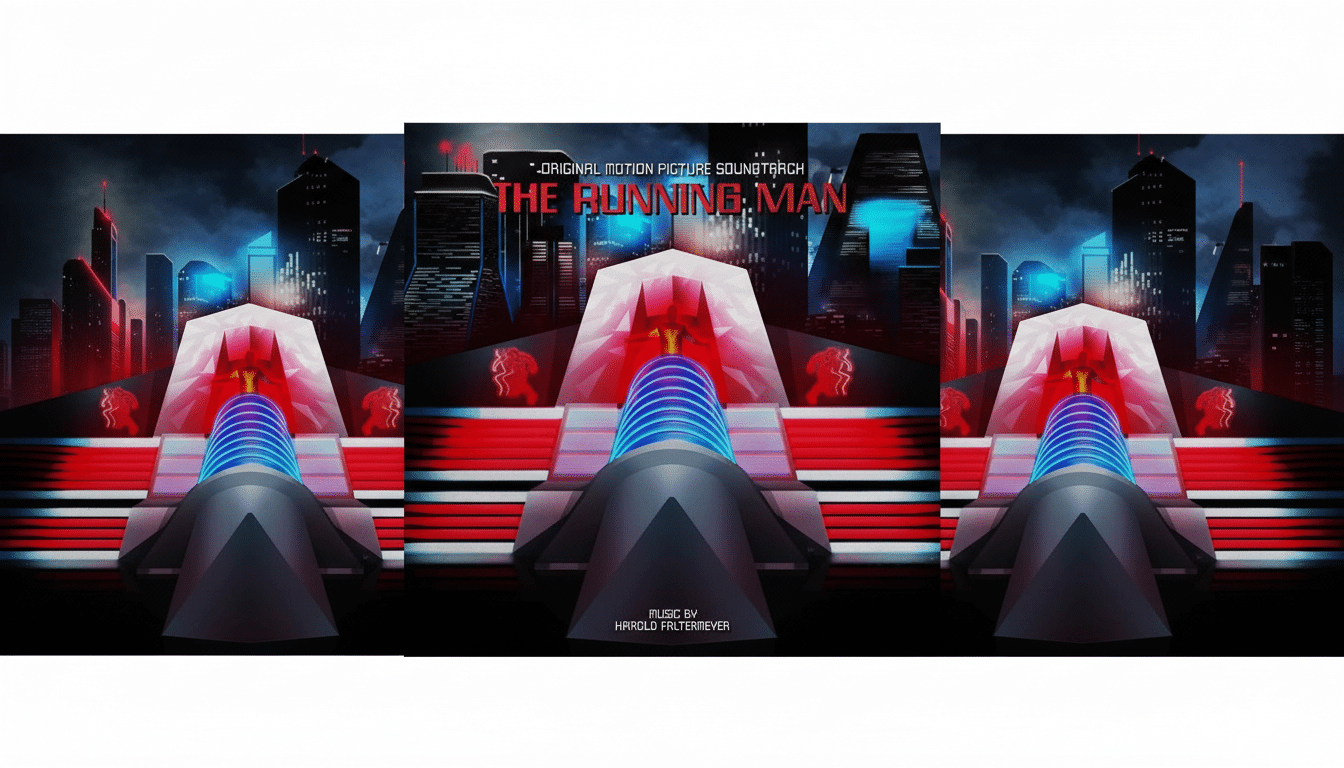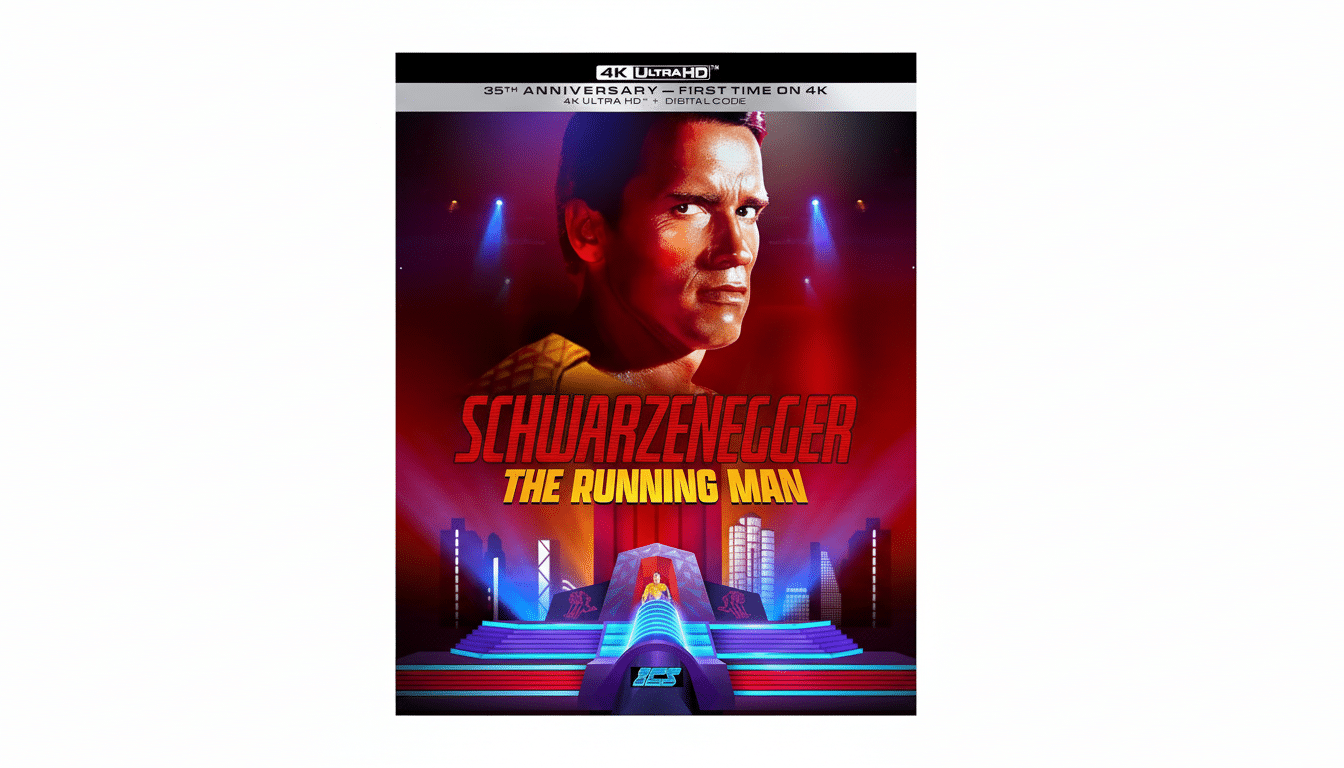Stephen King has given Edgar Wright’s brand-new version of The Running Man a pithy, no-nonsense thumbs-up in the form of an 11-word review that absolutely drips with both endorsement and populist appeal. Two hours before the latest promo appeared, King had written on Twitter that he had seen it and it was fabulous, framing the movie as “Die Hard for our time,” then a “bipartisan thrill ride.” For anyone questioning whether the author signed off on this reimagining of his dystopian tale, he sure did.
What Stephen King Said in His Eleven-Word Review
King’s 11-word capsule — “I’ve seen it and it’s fantastic. Die Hard for our time.” — doubles as a value judgment and tonal compass. He followed that up by calling the film “a bipartisan thrill ride,” clever marketing shorthand for something that has four-quadrant energy without sacrificing the sharp corners of his initial idea. For a quick-hit pull quote, it’s unusually specific: the Die Hard reference seems designed to promise viewers grounded, propulsive action with a droll, reluctant hero at its center.

Why Stephen King’s Stamp of Approval Truly Matters Today
King’s social shares often end up reverberating all over film discourse. With millions of followers on various platforms, his snap recommendations are often repurposed by the studios and exhibitors who know that “He gave it four stars!” looks supercool on a TV spot, a trailer or in handy lobby standees. Publicists draw on him for good reason — when he praised sleeper horror titles in recent years, distributors promptly pushed those quotes to the fore of campaigns, a dynamic the trade outlets Variety and The Hollywood Reporter have observed. In a market dominated not by dollars but attention, where anyone with eyeballs on your marketing is one less potential eye for Luca Guadagnino’s next movie, one sticky line from King can matter in terms of pre-release buzz.
What It Indicates About Wright’s Adaptation
Wright has long suggested that he’s aiming to hew closer to the grim, media-satire bite of King’s novel (written under the Richard Bachman pseudonym) than did the earlier screen version. King’s comment about a “Die Hard for our time” indicates the film attempts to thread that fidelity with an approachable action-thriller chassis — a practical, blue-collar hero in increasingly bad straits, who cracks under pressure but pushes forward. Cast Glen Powell as Ben Richards. That brief connects to when King described “The Running Man” as a “thrill ride,” and Powell’s run of late is full of the kind of no-sweat, everyman charm consistent with King’s escapist meatball without losing a mandate for moral grit.
The contrast also turns the dial from Paul Michael Glaser’s 1987 adaptation, which played toward neon satire and larger-than-life spectacle with Arnold Schwarzenegger. That movie has since found a cult following; Box Office Mojo lists it at around $38 million domestic, and it is still on basic-cable rotation. The writer-screenwriter Bryan Sipe did the last major rewrite, possibly opening up the film and complicating its racial dynamics in ways that could date badly; Wright’s version, on the other hand, seems designed for current anxieties about surveillance and entertainment, not to mention polarization (all of which bubble beneath King’s book) but with those concerns framed within a context of old-fashioned action movie mechanics. Also running two hours before credits begin rolling — while pushing 150 minutes including them — this efficient picture may well seem too clean-cut and muscular when competing against more obviously distinctive alternatives.

The Running Man’s Timeless Premise and Modern Resonance
At heart, The Running Man is the story of a desperate man who competes in a deadly game show to earn money for his family — a razor-wire premise about inequality, spectacle and how commerce feeds on fear.
That spine has become even more timely. Media scholars and cultural critics have spent the last decade tracing the gamification of public life, the algorithmic drive toward outrage and blurred boundaries between sports, news and spectacle. King’s “bipartisan” asides suggest that Wright wants his movie to transcend ideological squabbles — reminding us of the universal stakes behind survival, fairness and truth in a world of manufactured entertainment.
What to Watch Next as Hype Builds for The Running Man
Look for marketers to latch onto King’s eleven-word review — brief enough for a billboard, colourful enough for a trailer card. If Wright’s film does deliver the “Die Hard” immediacy King hints at, word-of-mouth could travel quickly, especially with Powell heading up a story whose high-concept chase mechanics are married to morally murky terrain. For the moment, King’s judgment does what the best author-jacket blurbs do: It sets a tone for interested parties to fall in line behind, calibrates expectations and announces that this Running Man is speeding toward just the right intersection of pulp adrenaline and social critique.

